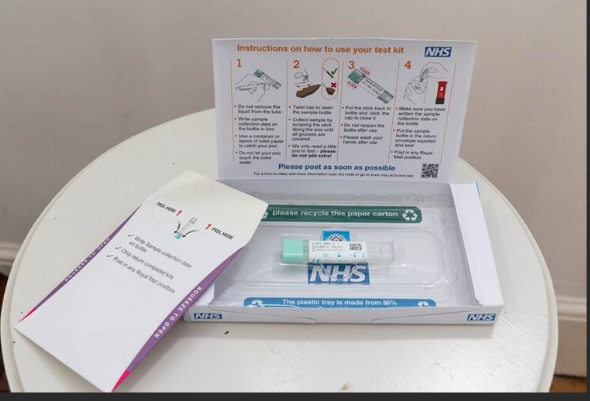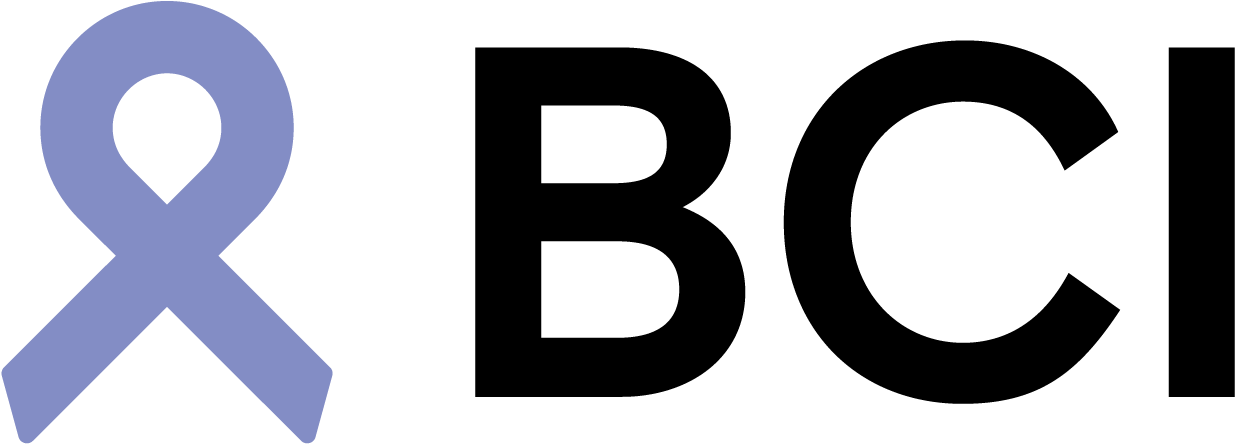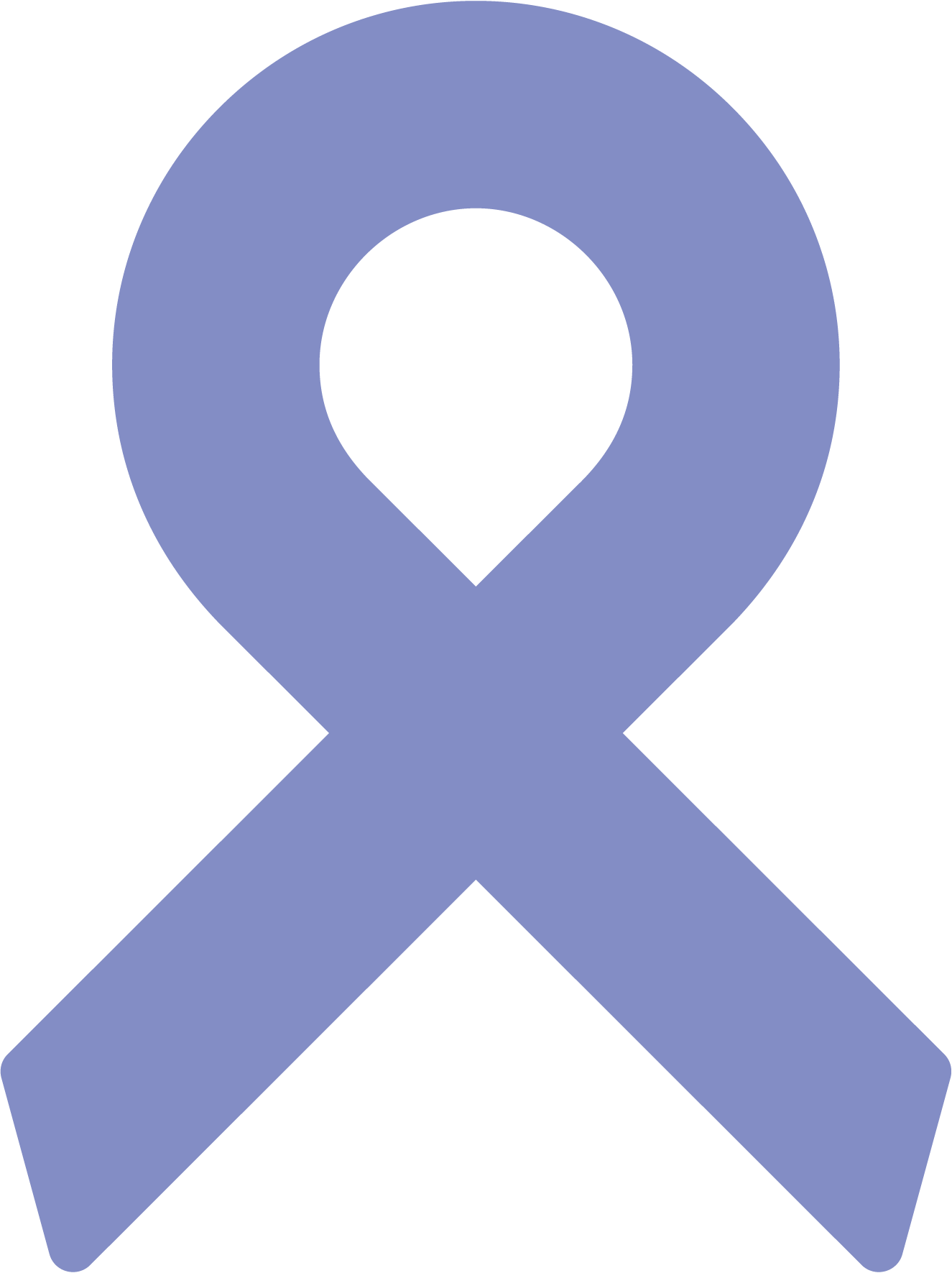- cancer information
- Screening
Screening
Screening
Screening helps find some cancers early so that they can be treated as soon as possible. It can also detect changes in some cells before they become cancerous.
What is cancer screening?
Cancer screening uses tests to find people who may:
- Have cancer – so it can be treated early and effectively,
- Need treatment or monitoring – to prevent cancer developing.
- Diagnosing cancer early can mean treatment is more effective and less complex. The earlier a cancer is diagnosed, the better your chance of survival and being cured.
The UK has various screening programmes which you can access through your local GP. Locally we can screen for breast, colorectal, cervical and lung. Please liaise with your GP for further information.

Should I have cancer screening?
Screening is a personal choice. A screening programme is only offered if there is evidence to show that most people will benefit from it.
Although no test is 100% accurate for a screening programme to work it must have a test that is good enough. The programme also needs to show that it can stop people dying from cancer.
To help you to decide whether to have screening, you will be given information about:
- what the screening test involves
- the different benefits and risks of having screening.
It is important to understand this so that you can make an informed decision.
Possible benefits of screening
- Screening may help find cancer early, which improves your chance of survival.
- When cancer is diagnosed early, you may need less treatment.
- Screening may help prevent cancer developing by finding cell changes that would become cancer if left untreated.
A family history of certain cancers may mean you have a higher risk of developing cancer. If you are worried about your family history, talk to your GP about it. You may be referred to a genetics clinic to have your individual risk worked out. Depending on your risk, you may be advised to start screening at a younger age.
Find out more
Cervical Cancer Screening
Cervical screening is a way of preventing cervical cancer (cancer of the cervix). The main risk factor for cervical cancer is an infection called the human papilloma virus (HPV).
Cervical screening uses tests to find if there is HPV or abnormal changes in the cells of the cervix. It is very important to have screening, even if you have had a vaccine to help prevent HPV infection.
The first part of cervical screening is to have a smear test.
Who can have cervical screening?
Cervical screening is offered to anyone who is registered as female with their GP, and aged between 25 and 64. If you are a transgender (trans) man or non-binary person and have a cervix, you should have screening too. The NHS cervical screening programme only automatically invites people who are registered as female with their GP. Your GP can arrange for you to be invited for screening.
You will usually be offered a smear test every 3 to 5 years.

Bowel Cancer Screening
Bowel screening aims to find bowel cancer early, before symptoms develop. This can make it easier to treat and to cure.
If you have bowel cancer symptoms that continue for 3 weeks or more, talk to your GP. Do not wait for a bowel screening invite.
Who can have bowel cancer screening?
If you are registered with a GP, you will be offered your first home screening bowel test when you are aged between 50 and 60. The exact age depends on which UK country you live in.
The home test kit
If you are registered with a GP, you will be offered your first home screening bowel test when you are aged between 50 and 60. The home test kit will come through the post with explanations on how to use.
Breast Cancer Screening
Breast cancer screening uses a low-does x-ray of the breast called a mammograms. A mammogram is a way of finding signs of early breast cancers that are too small to see or feel. It does not prevent breast cancer, but it does reduce the number of deaths from breast cancer each year. When breast cancer is diagnosed early, your treatment is more likely to be effective and you may need less treatment.
If you have possible symptoms of breast cancer, make an appointment with your GP. Do not wait for a breast screening invite.
Who can have breast screening?
Breast screening is offered to anyone who is registered as female with their GP, and aged between 50 and 70. If you are over 70, you can self-refer through your GP. If you are transgender (trans) or non-binary, talk to your GP or practice nurse about breast screening. The NHS breast screening programme only automatically invites people who are registered as female with their GP. Your GP can contact them and arrange for you to be invited for screening. We have more information for trans and non-binary people through the Macmillan website. It includes information about having tests and treatment, and getting support.
Having your Mammogram at the Clinical Diagnostic Glassworks Centre in Barnsley
This is the Alhambra Car Park there is also a car park at the Community Diagnostic Centre.
Take Action to Live Longer - Sue's Story
We appreciate this video is from Doncaster however an identical system operates in Barnsley
Lung Screening
Targeted Lung Cancer Screening is available to eligible patients in areas across South Yorkshire. People aged between 55 and 74 years who smoke or used to smoke and have a registered GP will be invited by letter to have a free NHS lung health check. This is reliant on your GP knowing that you have smoked or do smoke. The NHS lung health checks are different to NHS health checks. Even if you have recently been for a health check, you should still attend your lung health check invitation as these are 2 separate things.
Why are we offering people a free lung health check?
There are often no signs or symptoms of lung cancer at an early stage. As a result, sadly around seven in 10 cancer patients are currently being diagnosed too late to be cured. Targeted Lung Cancer Screening checks help find problems early (often before you notice anything is wrong) and at a stage when treatment could be simpler and more successful – ultimately saving more lives. Most lung cancers grow slowly enough for them to be found at an early stage by a lung scan. The Targeted Lung Cancer Screening programme could help improve lung cancer survival rates across the area, with a recent study showing that checks such as these can potentially pick up changes earlier and reduce lung cancer deaths by around 26% in men and 40% in women.
What is a Lung Cancer Screening Check?
Lung Cancer Screening scans are completely free. It is a two-stage process in which we assess the health of your lungs:
You will have a phone call with a specialist nurse to evaluate your chances of developing lung cancer. Your telephone appointment will last approximately 20-30 minutes. The nurse will ask you some questions about your breathing and overall lung health. They will also ask you about your lifestyle, family, and medical history. You do not need to do a breathing test; the nurse can get all the information they need from the questions. You will have plenty of time to talk to the nurse and ask any questions you may have.
If you are identified as someone who has a higher chance of developing lung cancer, you’ll be invited to have a low-dose CT scan. This is to check for early signs of lung cancer as well as other diseases. If you are invited to have a low-dose CT scan, this will take place in a mobile unit at various locations across your area. The CT scan lasts only a couple of minutes and takes a detailed image of your chest for us to review. If a problem is found, you’ll be referred on for treatment.
For more information please click on the link below.


